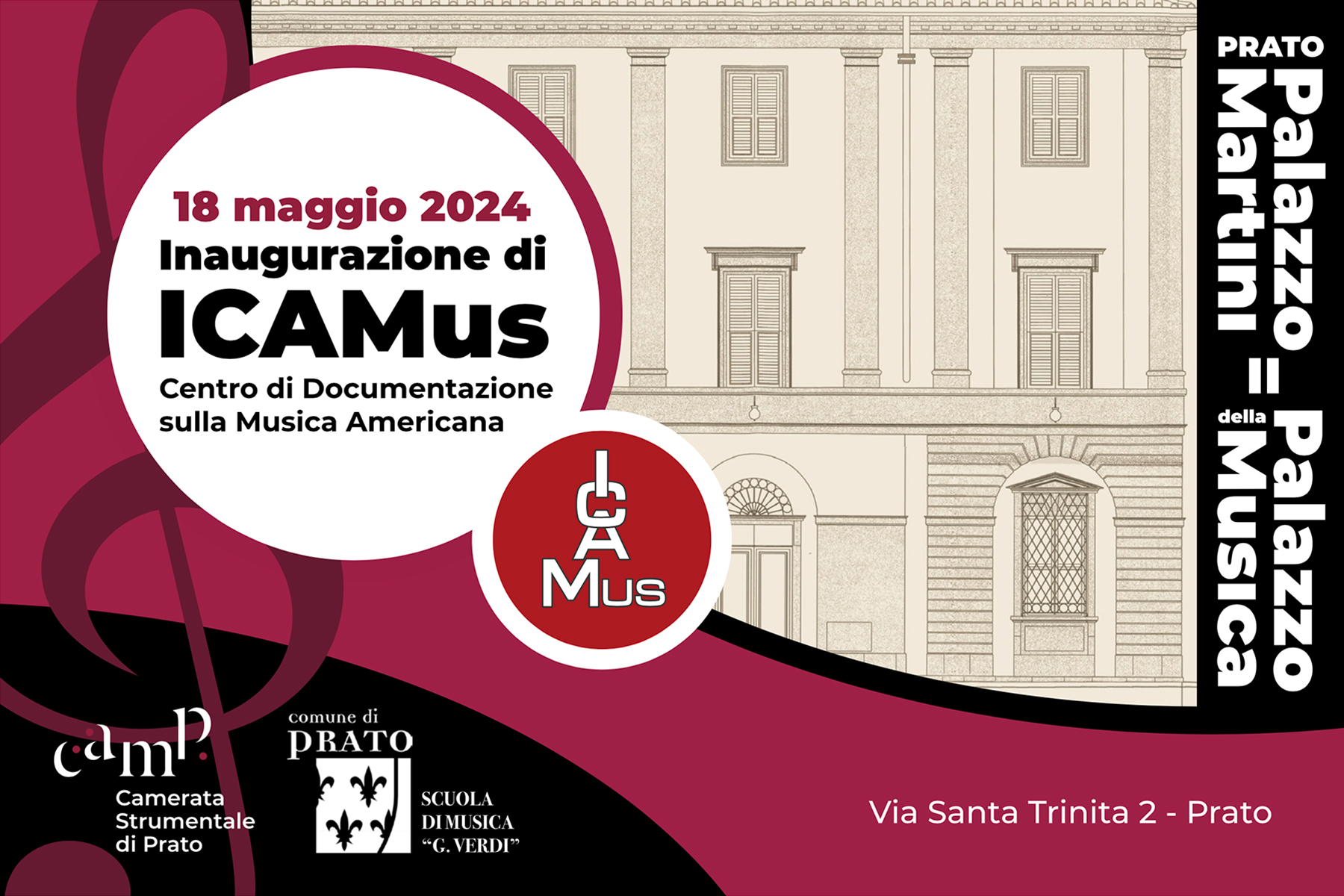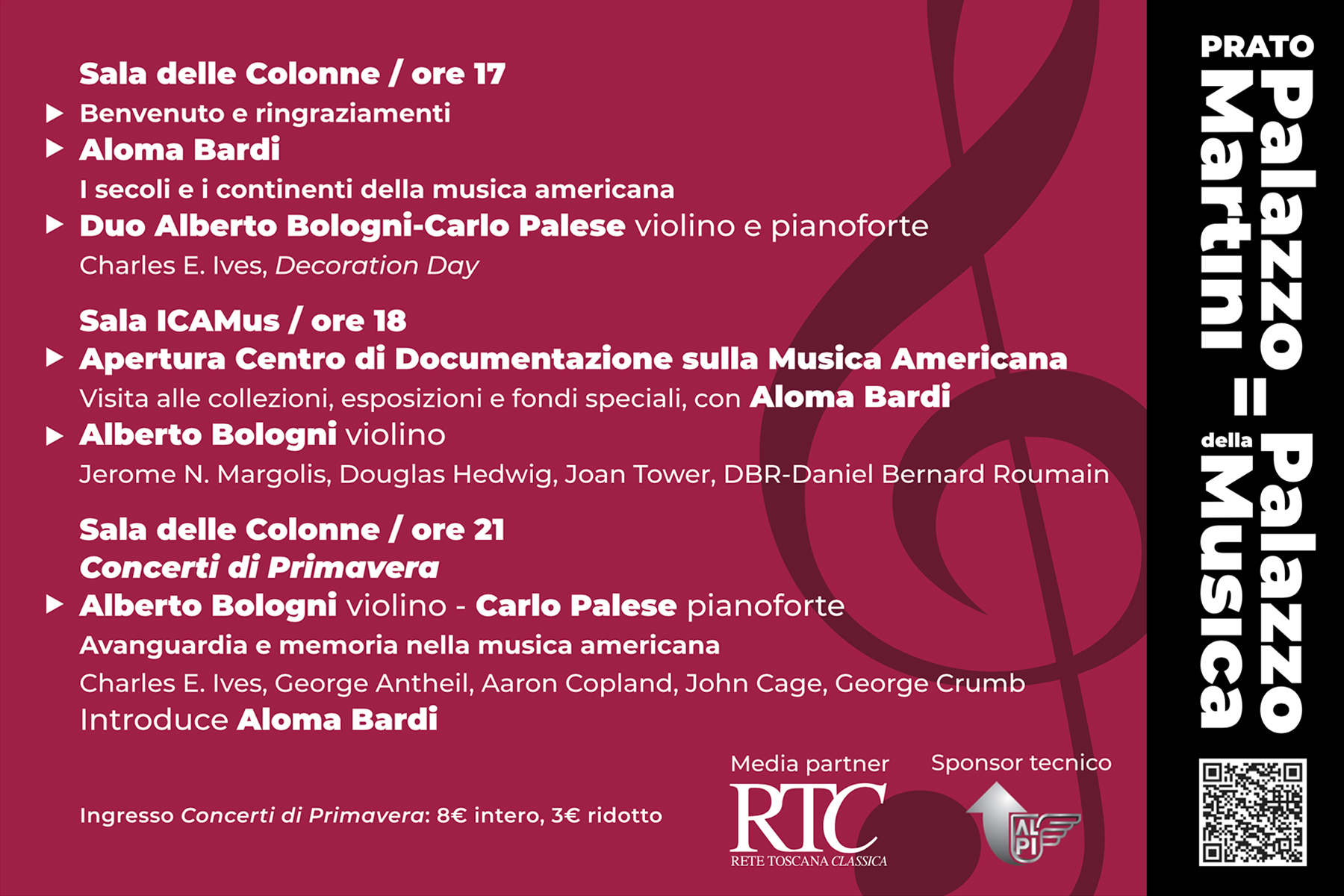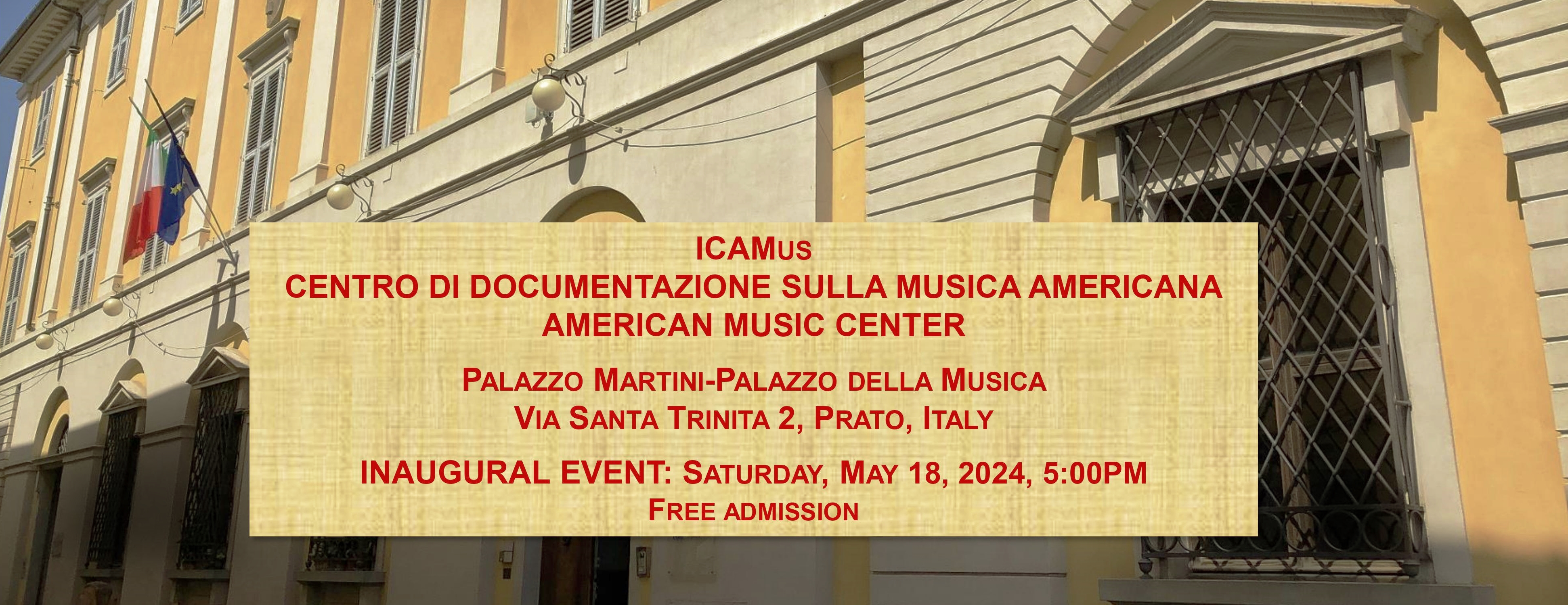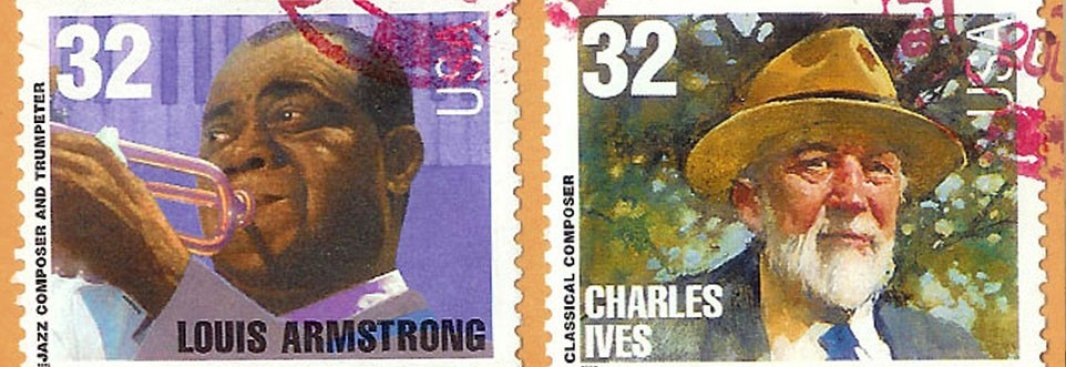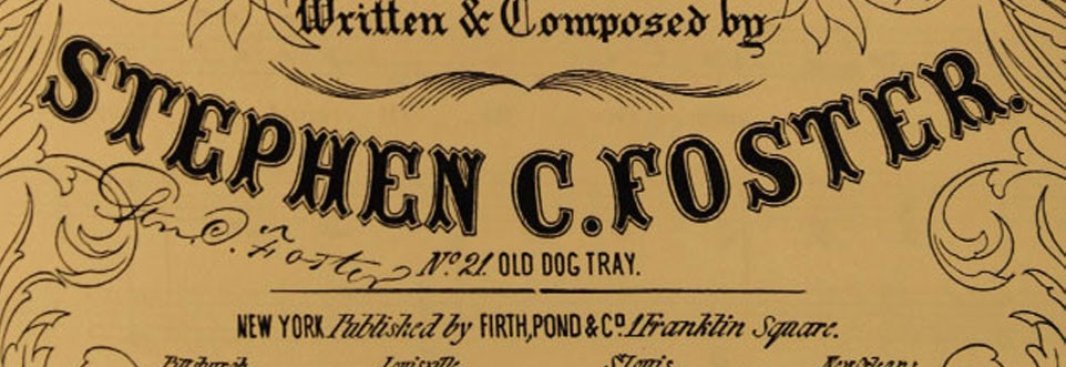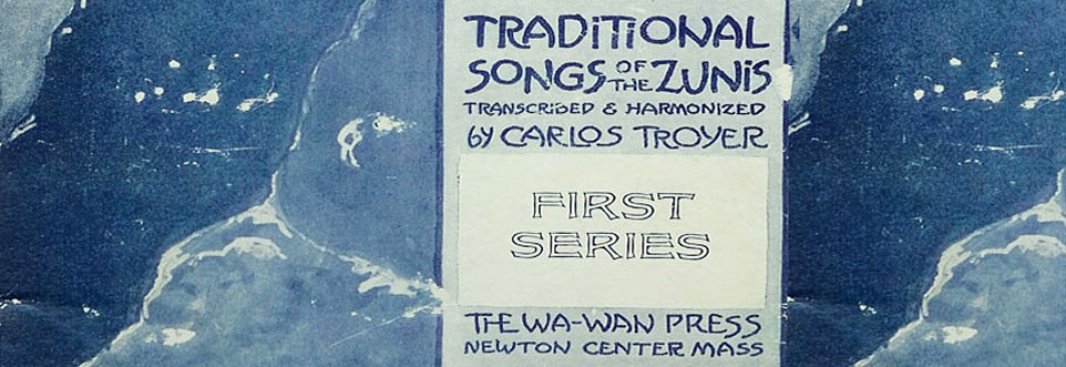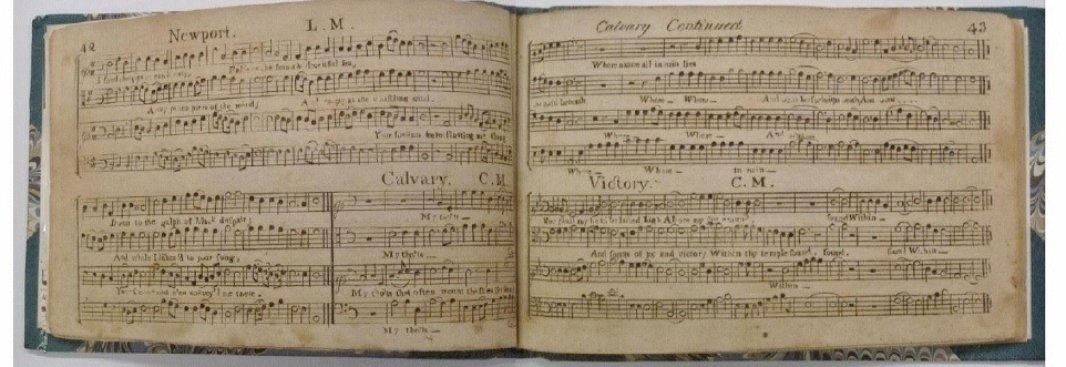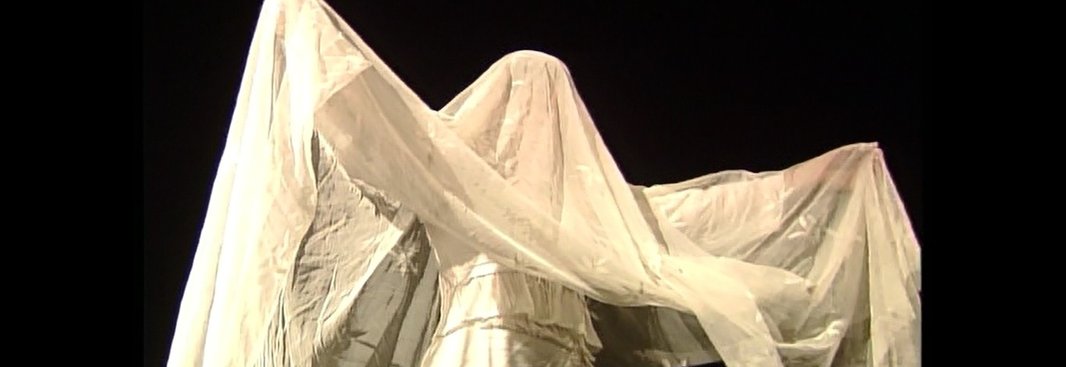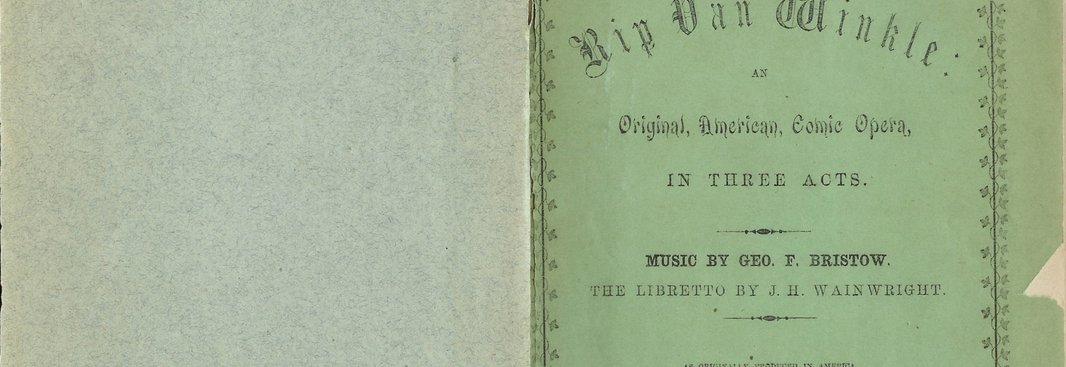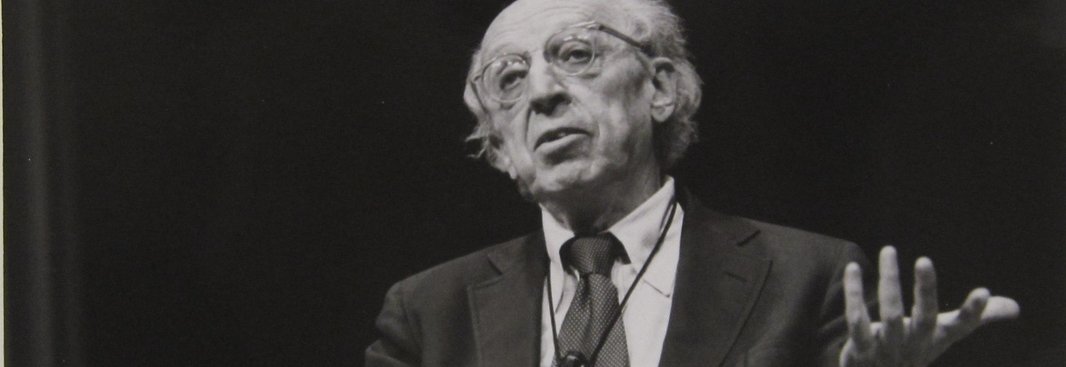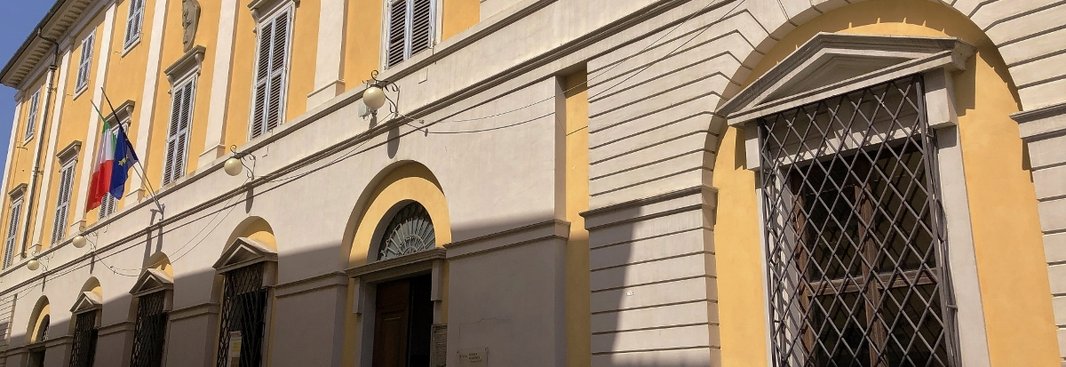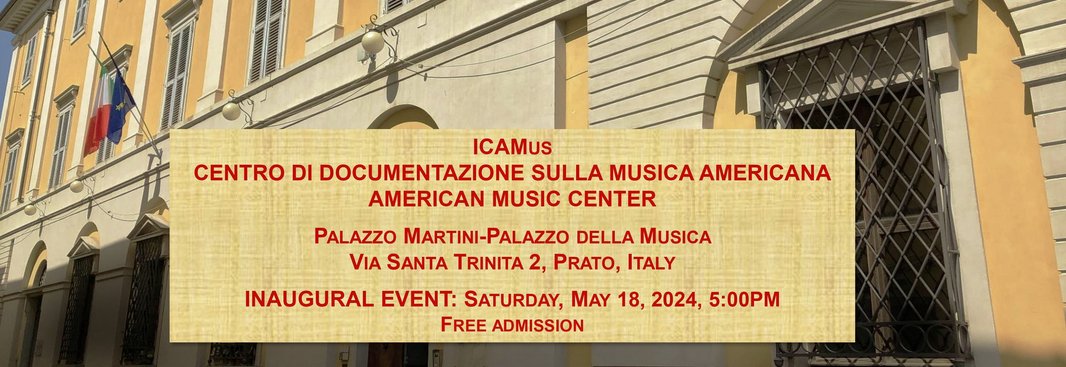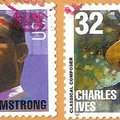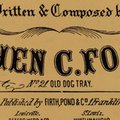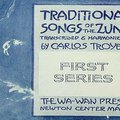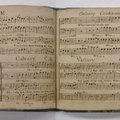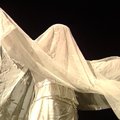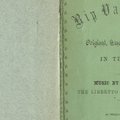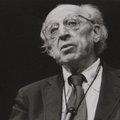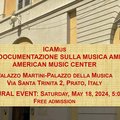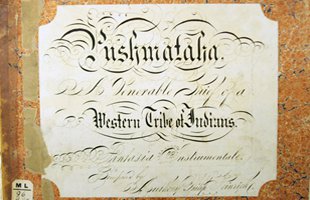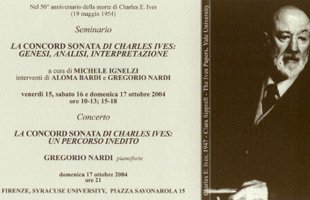THE NEW AMERICAN MUSIC CENTER IN PRATO, ITALY.
In 2023, ICAMus donated the Organization's Library and Archive to the City of Prato, Italy, to create a new American Music Center (Centro di Documentazione sulla Musica Americana), the first and only such institute outside the United States, in Palazzo Martini-Palazzo della Musica, Prato. The inaugural event and public opening of the new Center took place on May 18, 2024. The Center is library, as well as reaserch and exhibition space. The American Music Center is located on Via Santa Trinita 2, where the city's orchestra (Camerata Strumentale di Prato-CAMP), the School of Music (Scuola di Musica "G. Verdi") and the classical music radio station (Rete Toscana Classica-RTC) are housed. The International Center for American Music (ICAMus - Non-Profit Organization) and the Centro di Documentazione sulla Musica Americana (Prato, Italy) plan to collaborate on projects focusing on American Music.
US Office: The ICAMus Studio, Ann Arbor, MI, USA.
OUR MISSION. ICAMus-The International Center for American Music promotes knowledge and appreciation of American music and music making in the US and the Americas. The Center maintains an inclusive orientation towards musical life in the United States, from its beginning to contemporary time. Significant attention is devoted to Early American Music. The Organization focuses on the study of musical sources, and on the unity and integration of research, teaching, performance, and experimentation.


